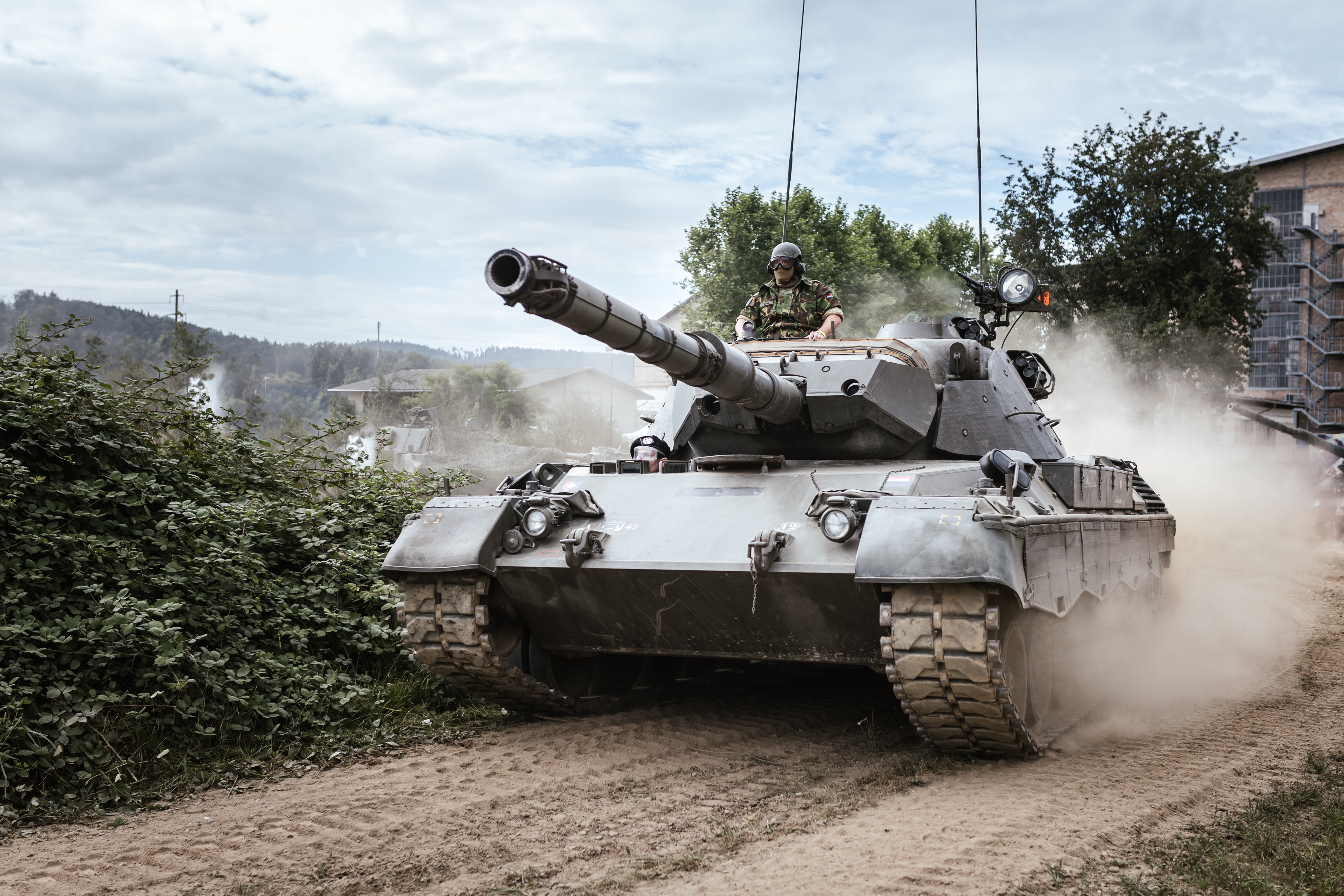Introduction: The Tapestry of Global Cooperation
In a world marked by diversity, complexity, and interconnectedness, the need for international cooperation has never been greater. International organizations stand at the forefront of efforts to address global challenges, from conflict resolution and trade facilitation to health crises and environmental sustainability. This article embarks on a journey through the multifaceted realm of international organizations, exploring their historical underpinnings, functions, and the ever-evolving landscape of global governance.
Historical Evolution of International Organizations
The concept of international cooperation and diplomacy has deep historical roots, but modern international organizations emerged in the aftermath of two devastating world wars:
-
The League of Nations: Following World War I, the League of Nations was established in 1920 to promote international cooperation and prevent conflicts. Although it failed to prevent World War II, it laid the groundwork for the United Nations.
-
The United Nations (UN): Founded in 1945 after World War II, the UN is the preeminent international organization with a mission to maintain international peace and security, promote human rights, and foster social and economic development.
Functions and Structure of International Organizations
International organizations serve a multitude of functions, and their structures can vary. Some of the key functions and structures include:
-
Conflict Resolution: Organizations like the United Nations work to prevent and resolve conflicts through diplomacy, peacekeeping missions, and international law.
-
Humanitarian Assistance: Organizations such as the United Nations High Commissioner for Refugees (UNHCR) provide aid to refugees and displaced persons during crises.
-
Economic Cooperation: The World Trade Organization (WTO) facilitates international trade agreements and dispute resolution.
-
Public Health: The World Health Organization (WHO) leads global efforts to combat diseases, improve healthcare, and respond to health emergencies.
-
Environmental Conservation: The United Nations Environment Programme (UNEP) addresses global environmental issues and promotes sustainable development.
-
Development Assistance: The World Bank and International Monetary Fund (IMF) provide financial assistance and policy advice to developing countries.
The United Nations: The Cornerstone of Global Governance
The United Nations, with its headquarters in New York City, is the central pillar of international cooperation. It consists of various specialized agencies and bodies, each with distinct mandates:
-
The General Assembly: Composed of all UN member states, it discusses and coordinates international issues, budgetary matters, and the election of non-permanent Security Council members.
-
The Security Council: Responsible for maintaining international peace and security, the Security Council can deploy peacekeeping forces and impose sanctions.
-
The International Court of Justice: The principal judicial organ of the UN settles legal disputes between states.
-
The Secretariat: Led by the Secretary-General, it administers and implements UN programs and policies.
-
Specialized Agencies: These include UNICEF, UNESCO, and the World Food Programme, each focused on specific global challenges.
Challenges Facing International Organizations
Despite their noble missions, international organizations face numerous challenges:
-
Global Power Imbalances: The influence of major powers can hinder international cooperation and create imbalances in decision-making.
-
Funding Shortfalls: Many international organizations rely on voluntary contributions, making them vulnerable to financial constraints.
-
Political Gridlock: Divisions and disagreements among member states can impede the effectiveness of international organizations.
-
Complex Crises: Modern challenges, from climate change to cybersecurity, require innovative approaches that international organizations must adapt to.
The Role of International Organizations in Contemporary Issues
International organizations are at the forefront of addressing pressing global issues:
-
Peacekeeping: UN peacekeeping missions in conflict zones aim to restore stability and protect civilians.
-
Humanitarian Assistance: Organizations like Médecins Sans Frontières (Doctors Without Borders) provide crucial medical aid in crisis areas.
-
Climate Change: The United Nations Framework Convention on Climate Change (UNFCCC) coordinates global efforts to combat climate change.
-
Pandemic Response: The WHO plays a pivotal role in managing and responding to global health crises, as seen with COVID-19.
The Future of International Organizations
As the world continues to evolve, international organizations must adapt. Some potential future developments include:
-
Reforming and Strengthening: Calls for reform within international organizations to enhance efficiency, transparency, and representation.
-
New Global Challenges: Organizations will tackle emerging challenges, from cyber threats to the ethics of artificial intelligence.
-
Greater Civil Society Engagement: Increased involvement of civil society organizations in global decision-making.
Conclusion: Building a Better World Together
International organizations are the threads in the intricate tapestry of global governance. They embody the collective aspirations of nations to overcome borders, divisions, and challenges. While they face complex hurdles, their role in addressing global issues remains paramount. As we look to the future, international organizations will continue to play a central role in fostering cooperation, promoting peace, and advancing the well-being of humanity. In a world where the challenges transcend borders, international organizations stand as a beacon of hope, reminding us that we are stronger together.













